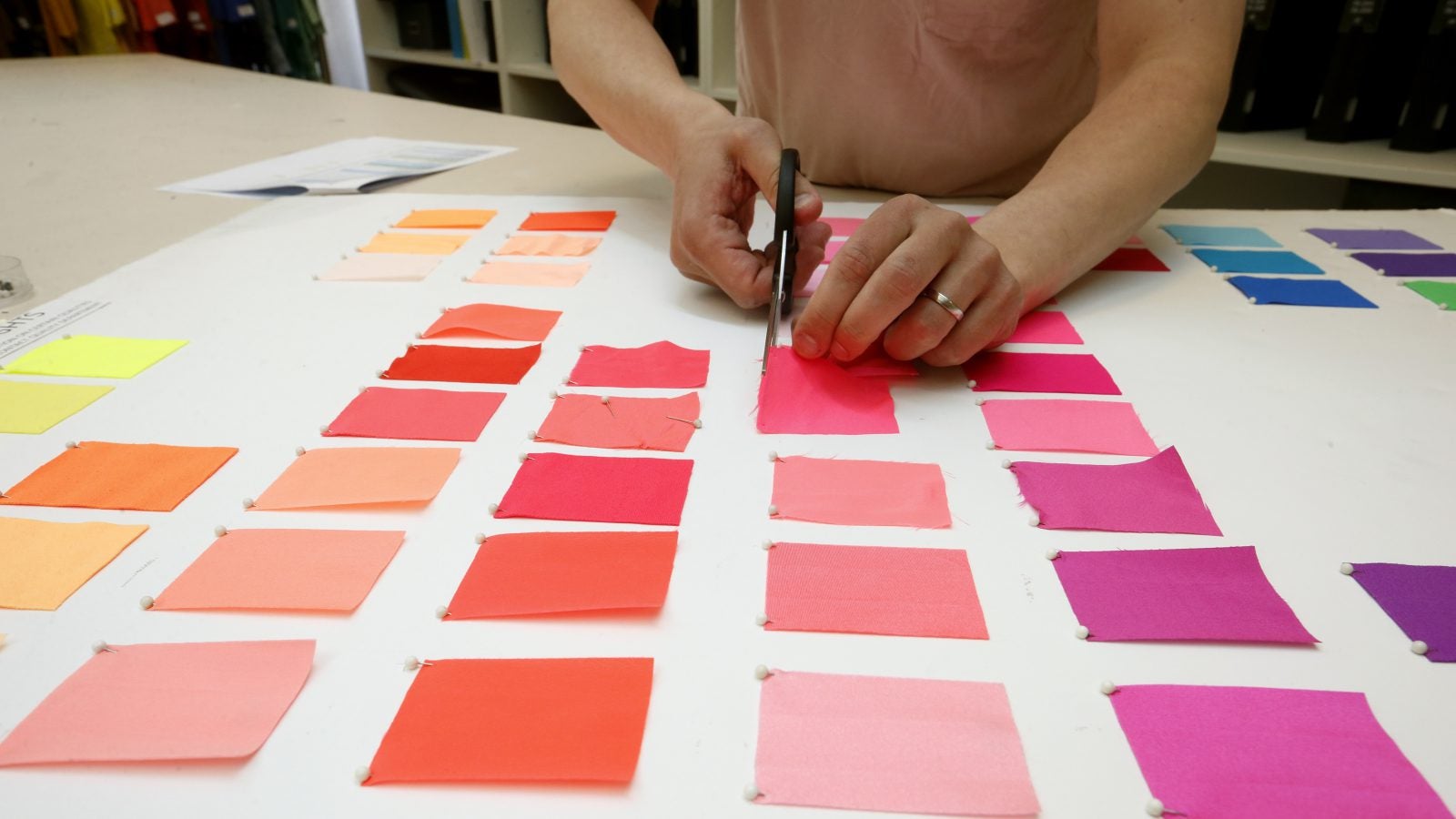One Swedish town is conducting a giant social experiment to make its workers happier
The city of Umeå in northern Sweden is a petri dish for how the work world could develop.


The city of Umeå in northern Sweden is a petri dish for how the work world could develop.
As a society, Sweden likes to experiment with different ways of doing things (and the Western world loves to pore over the Scandinavian country’s discoveries and wilder ideas). Nowhere is this more true than in the Umeå municipality, where 40 concurrent experiments into what makes a good workplace are underway.
One of these, an investigation involving 42 care-home nurses, looked at whether a six-hour work day improves happiness and cuts absenteeism. The experiment with shorter days was recently called a failure, because sick leave had gone up to 9.3% of total days worked, from 8% year-on-year in the first six months, according to interim findings. But the researchers have not yet reached an ultimate conclusion on the six-hour work day. The study is only halfway through, and a similar study that took place in Gothenburg was hailed as a success.
Other trials in Umeå, meanwhile, are looking into everything from increased staff numbers to studying firms with different cultures and emulating them.
“I think we have a responsibility to try and make our working places for our personnel as good as possible,” said Janet Ågren, who oversees care of older people for Umeå’s local government. “And in order to know what is more effective, we need to try different things…to see, can we do this better?”
Sweden’s small population (9.5 million) and its affluence make such experiments easier than in larger, more chaotic and demographically shifting societies. But even in a country known for its progressive social experiments, Umeå’s large number of trials points to an acute interest in exploring change.
One reason for Umeå’s interest in conducting the trials: It’s struggling for staff. Ågren said the city’s northerly location means it has to try harder to attract workers in a country whose population is aging. The 40 experiments were mandated in 2014, backed by 25 million Swedish kroner ($2.9 million) of local government money. Other affluent societies in need of skilled labor could take note.
The experiments with workplace norms in Umeå and other Swedish cities kick back against the idea that working practices are ingrained in specific cultures. And indeed, a recent report commissioned by UBS, a Swiss bank, suggests that much greater flexibility in work, and more flexible or patchwork careers, are likely to become much more widespread around the world in the coming years, and businesses should get ready for the changes. Umeå’s workforce, and its employers, will be better prepared than most for this new era.